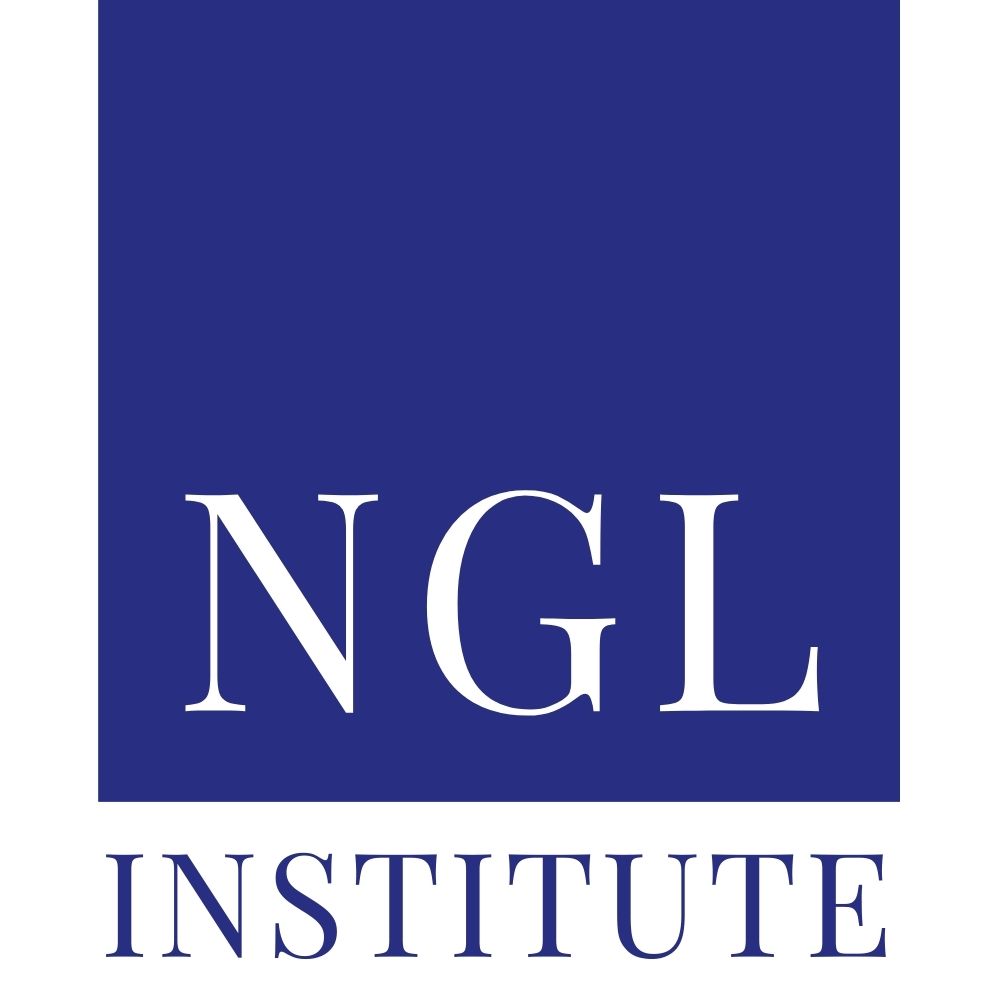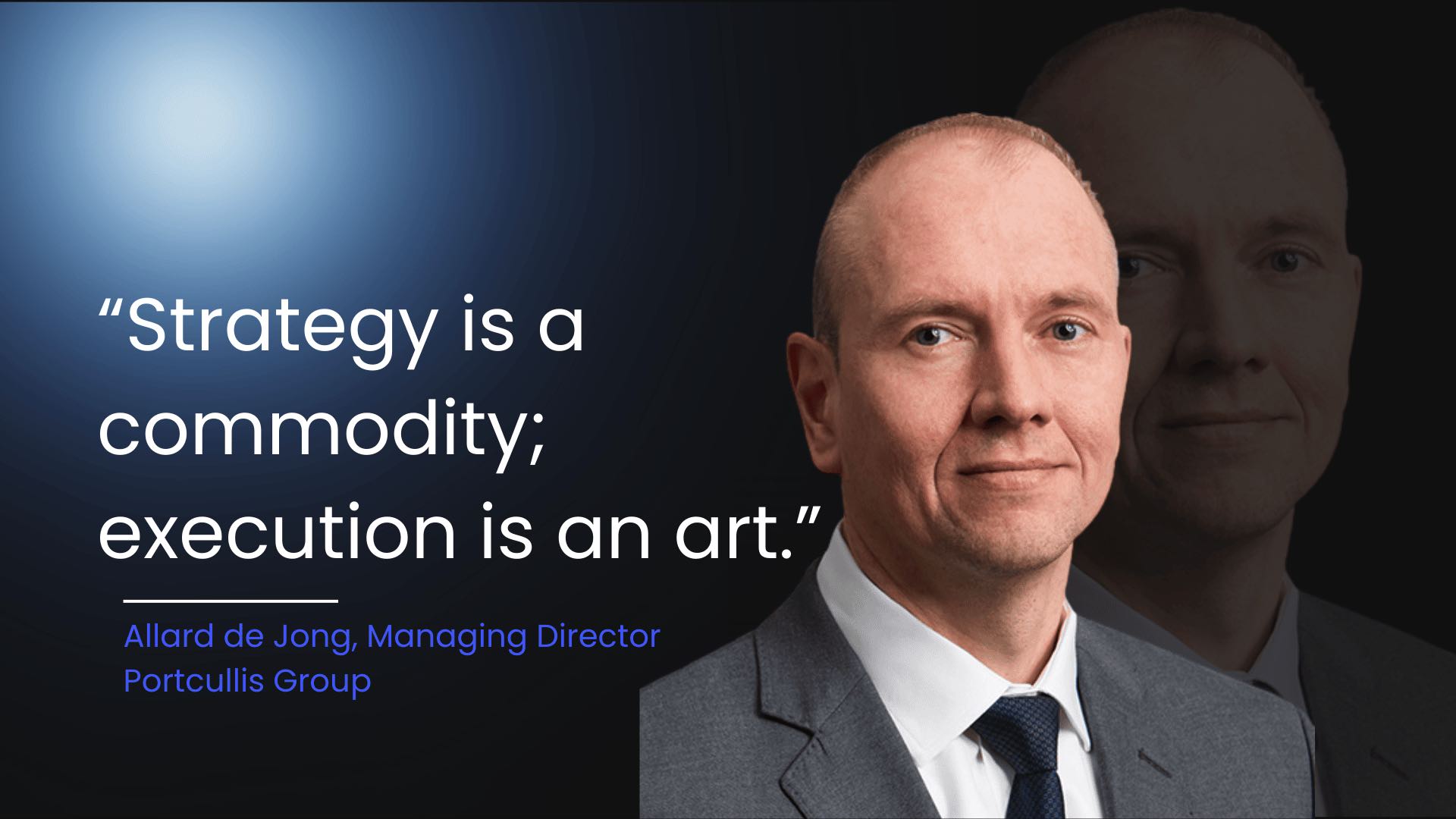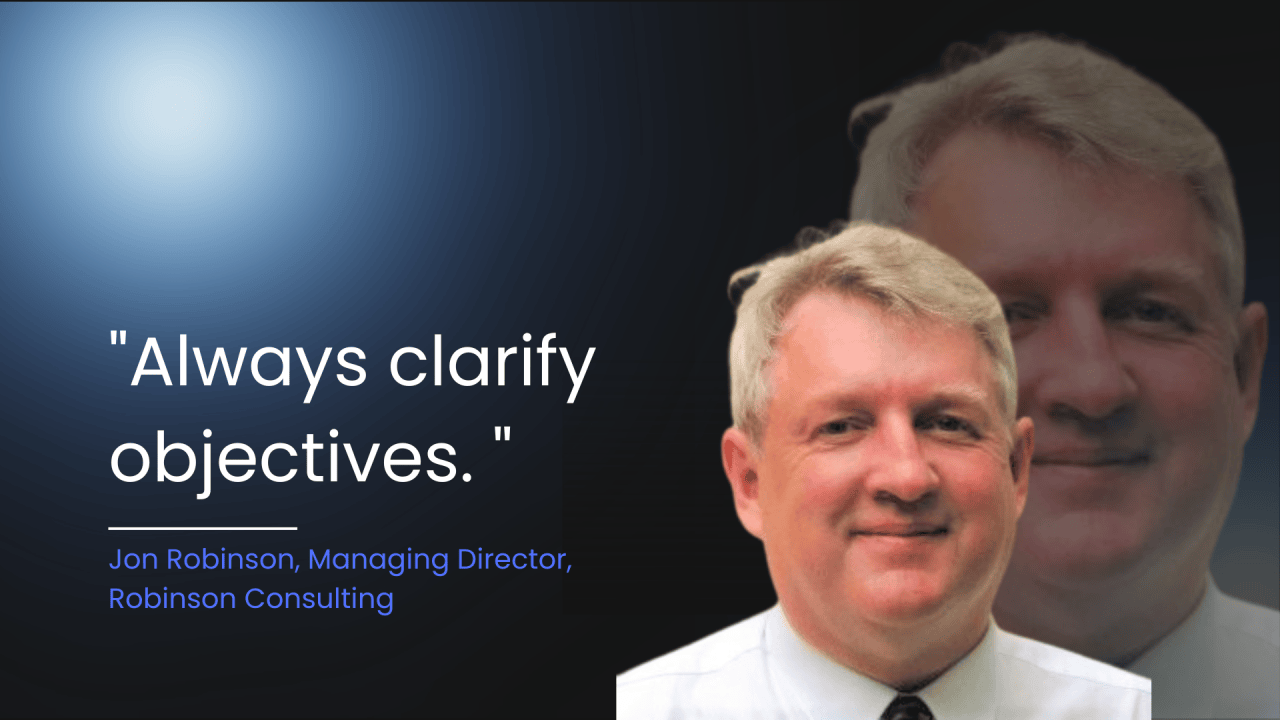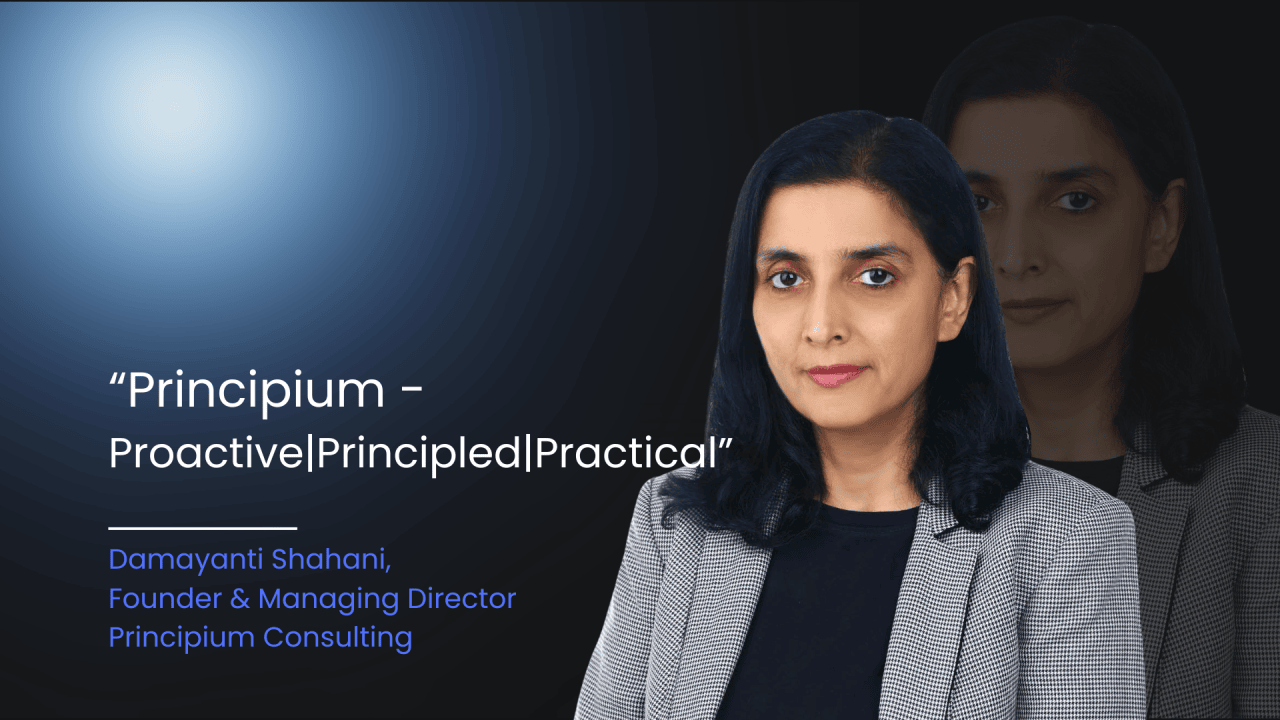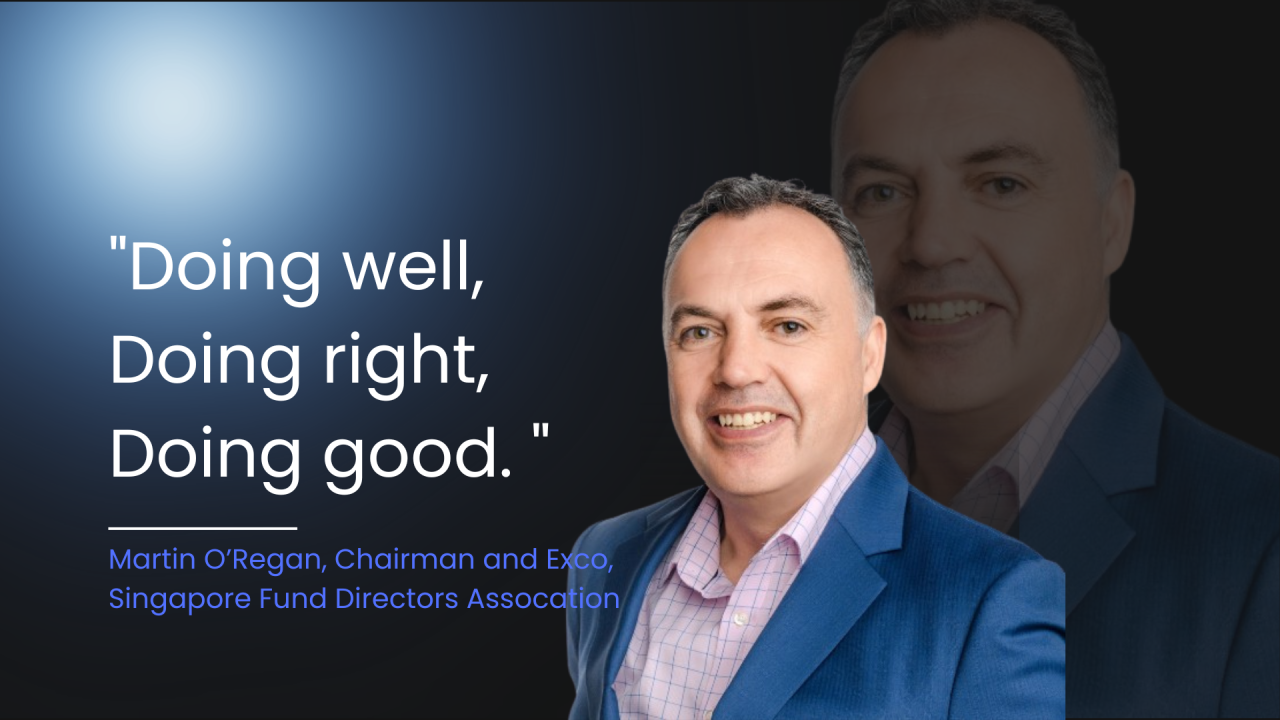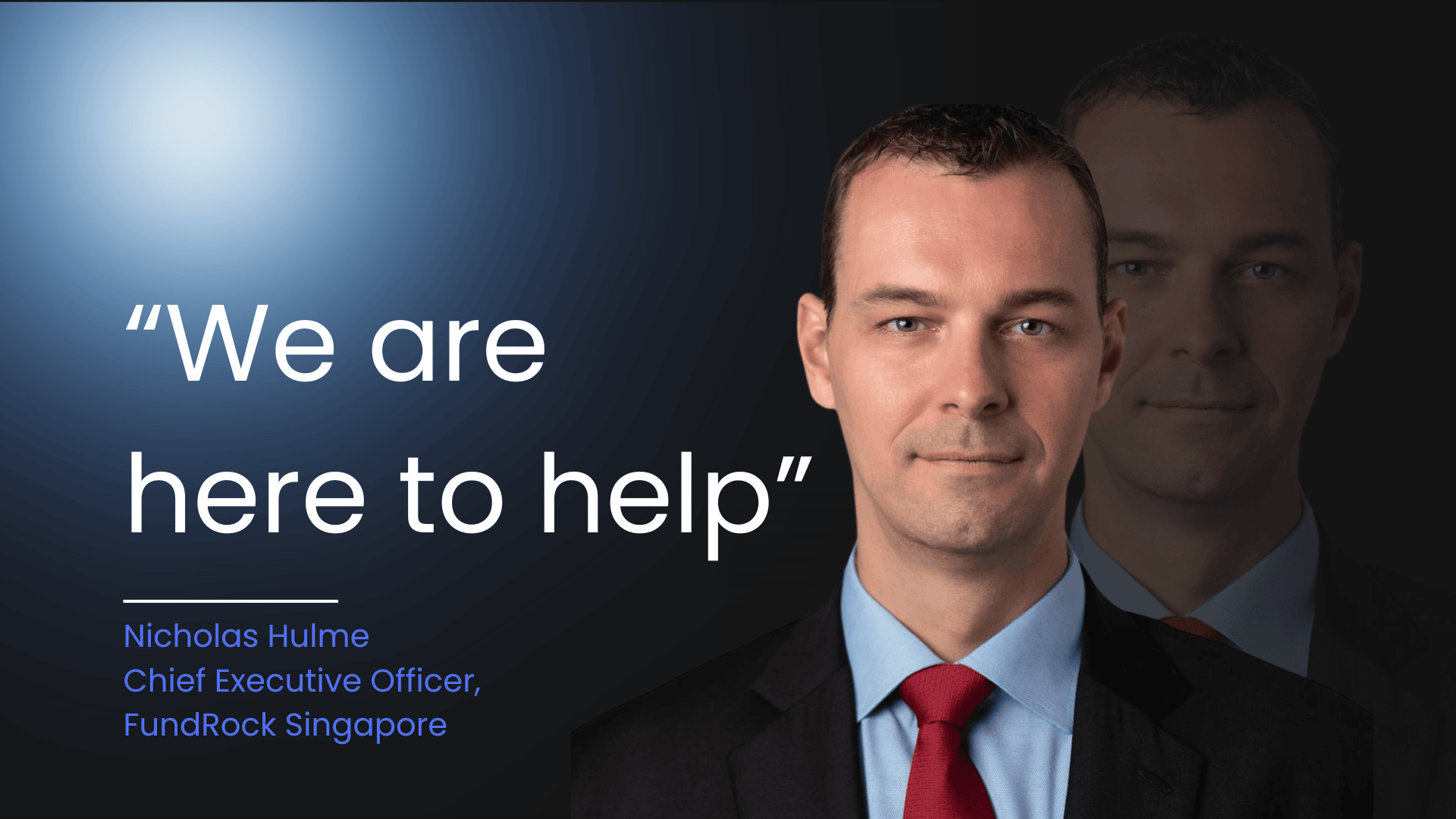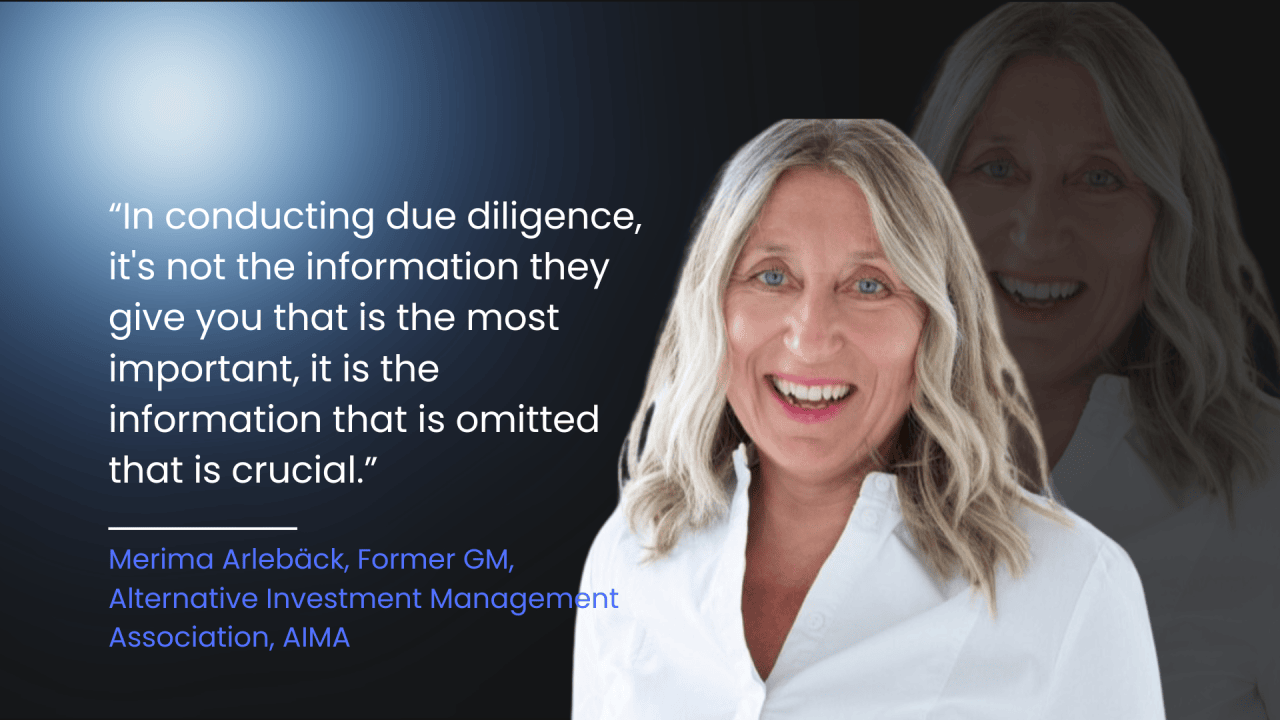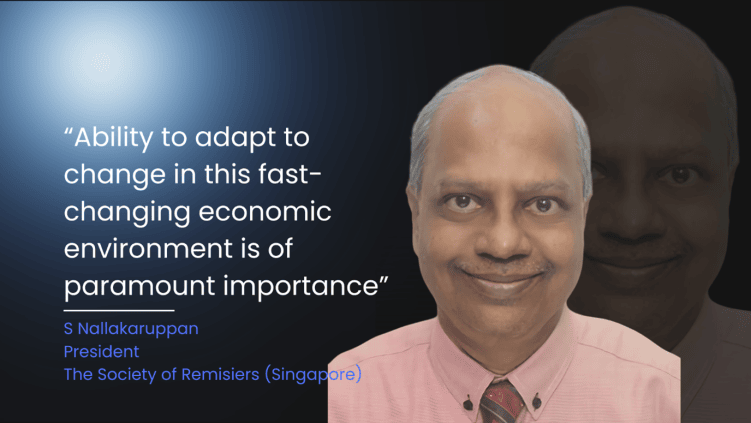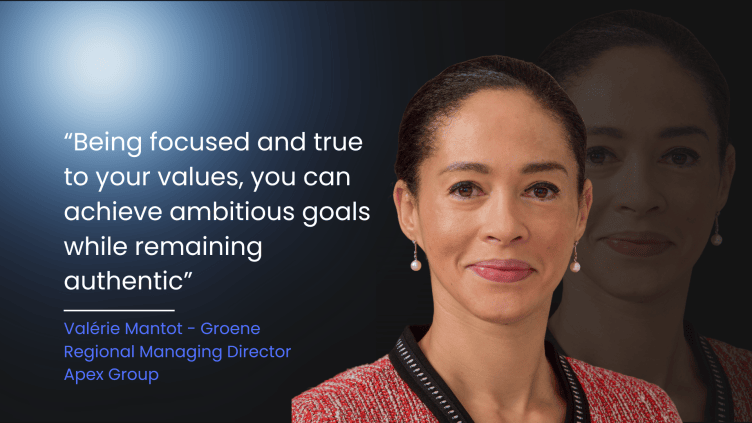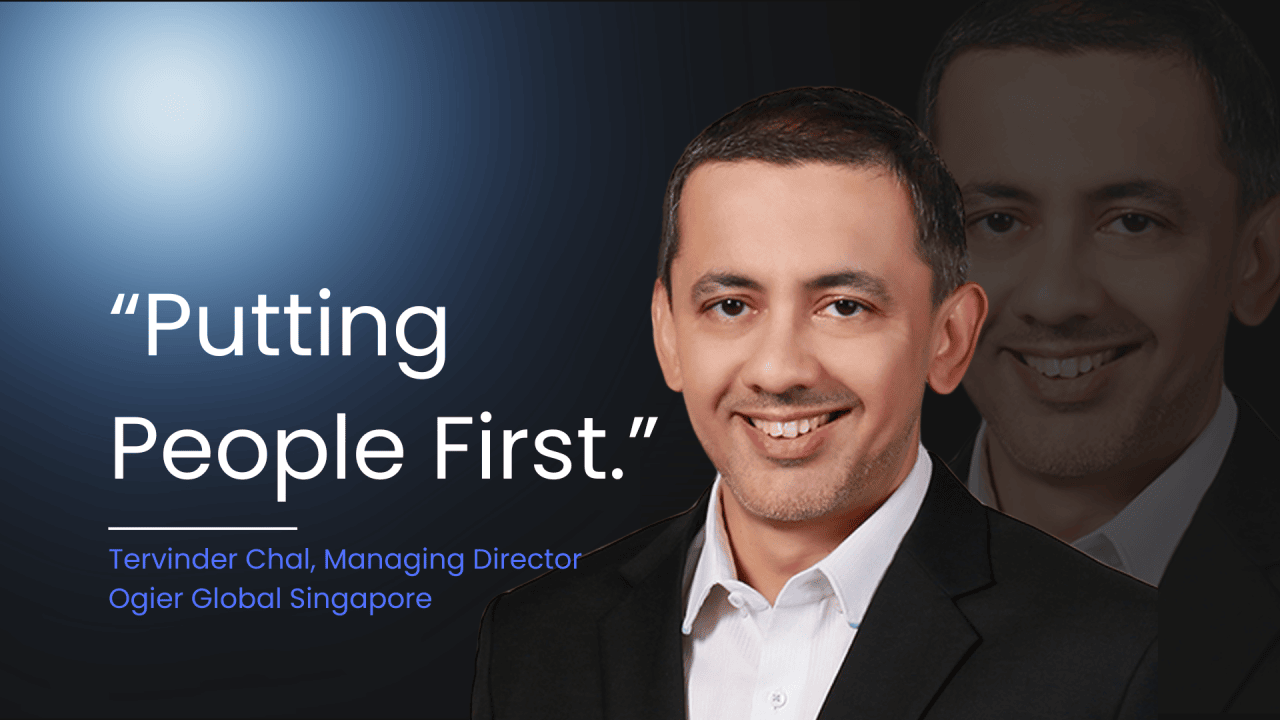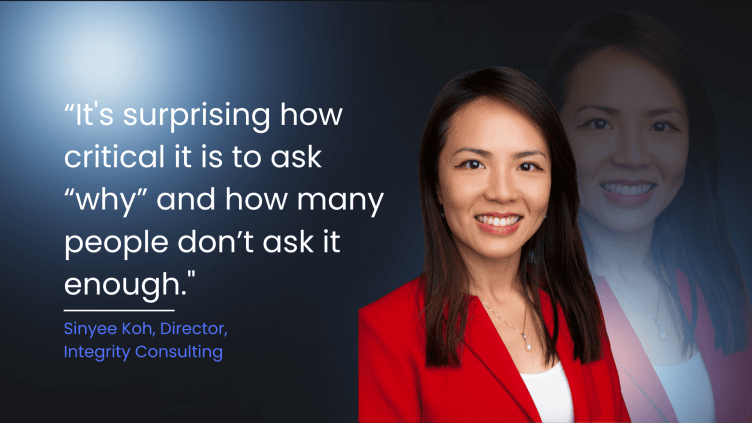Sinyee manages Integrity Consulting. She advises financial services firms on licensing and ongoing Singapore and reviews risk management, internal controls and compliance arrangements. Her clients span asset managers (hedge fund, private equity/venture capital, external asset managers), brokers, remittance companies, cryptocurrency firms and fintechs. Areas that Sinyee regularly advises on include governance, personnel fit & proper requirements, preparation of regulatory filings and reports, outsourcing, data privacy, business continuity, anti-money laundering & counter financing of terrorism controls, cybersecurity & technology risk management, cryptocurrency and fintech regulations.
Sinyee has more than 7 years of experience in compliance consulting. Before setting up Integrity Consulting she set up and managed the Singapore regulatory and compliance consulting business of a global professional services firm.
Being inspired by the many entrepreneurs she advised over the years on how to set up their firms, Sin Yee set up Integrity Consulting to better understand her clients’ challenges and achievements and experience entrepreneurship for herself. Sinyee started her career as a litigator lawyer. She practised for 7 years in law firms in Singapore, Hong Kong and London, defending financial services firms and listed companies that were investigated by financial services regulators or involved in white-collar crime litigation. Sinyee then spent another 7 years at the Monetary Authority of Singapore (MAS) in various roles including enforcement, investigating and prosecuting market abuse and mis-selling, and financial market strategy development.
Sinyee is admitted to practice law in Singapore, Hong Kong, England and New York. She speaks English, Mandarin, Cantonese, Hokkien, Japanese and French. She is regularly invited to speak at events and courses and is Deputy Co-Chair of the Singapore Regulatory Committee of the Alternative Investment Management Association (AIMA).
Our Mission Your success is our success. We guide you with practical, well-thought-out advice on your compliance programme to enable you to safely build out your business.
Our Values To us, no two clients are the same. Each firm has its unique business, set up, culture, niche, customers and your compliance programme should be tailored to you as you expand
Our clients in Singapore from around the world We have worked and are working with firms expanding into Singapore from overseas headquarters in Asia, Middle East, Europe & the Americas. Each customer’s sector focus, business model, size, types of clients served, team set up is very different and every customer has unique needs. We are attuned to cultural sensitivities and the need to adapt our advice to better communicate and assist firms headquartered in different countries to help them navigate a new environment in Singapore. We have fluent language capabilities in Japanese, French, Mandarin and various Chinese dialects and enjoy dealing with a truly cosmopolitan and global customer base.
Our services We are a pure-play consultancy that assists you on all matters relating to complying with the regulations of Singapore’s integrated financial services regulator, the Monetary Authority of Singapore (MAS). Our services start from working with you to get the right licence to operate in Singapore if you need one, providing you with compliance and other manuals so you know the MAS rules to operate to in advance, guiding you with ad hoc advice as you operate your business, providing training, internal audits to check your compliance systems are working as they should, all the way until one day your business decides to cease regulated activity in Singapore. We have worked with firms all through their life cycle and are familiar with how to tailor our processes to suit firms in different phases of their growth.
Mike Sim (MS): What inspired you to establish Integrity Consulting, and what challenges did you face in setting up the business?
Sinyee (SY): I had worked in compliance consulting for 7 years. I loved the wide range of topics we advise on and dealings with customers, industry peers and staff. As life goes, the consultancy I worked for had grown a lot since I helped set it up. The direction of the firm differed from what I wanted. I realised that to keep doing what I loved, in the way I believed in, I had to start my own consultancy. It was a scary prospect. Up to that point of my career, I had never thought of setting up my own firm. My parents were public servants, in fact, my mother still teaches in a local secondary school today! Both have a very conservative view of the world. Further, I like being part of a team. So, it was a leap of faith to leave a monthly salary and venture into paying myself, or not! There were various challenges, but the key one was confidence – Could I do this? Would I have customers? I kept inching forward with my plan. Within 2 weeks of starting business, my first customer approached me. This was also my first customer at the firm where I used to work, but which had ceased to use compliance consultants for some years. I landed my first customer much sooner than I had expected, friends had advised me to have 6 months of emergency savings and all that.

Lunch with part of the Integrity Consulting team
When my customer asked me to send them my invoice was when somehow, I felt that things would be fine, that the choice to start on my own was a good one.
Mike Sim (MS): Can you share some insights into your experience navigating the regulatory landscape in Singapore’s financial services sector?
Sinyee (SY): I started working in Singapore’s financial sector in 2008 when I joined the Monetary Authority of Singapore. Before that, I practised law in the financial services sectors in Hong Kong and London. So, I’ve had 20 years of experience working in the financial services industry, the last 16 of which was in Singapore.
I see that the pain points and hot spots of Singapore’s financial services sector are always changing. Also, “trends” morph every few years. Certain products, business lines and financial centres rise and fall. Fortunes go through boom and bust. Amid this up and down of markets and activities, regulatory foci and “hot topics” also morph, wax and wane. This is because regulators build regulations to control an area of financial services as it grows so that things don’t get “too big to fail”. I guess that is a simple way of a big word regulators use, called “risk-based regulation”.

Presenting at “Payment Beyond Borders: How to navigate regulations and defeat fraud” in February 2024
Second, I notice that greed and fear motivate investors.
All the financial services scandals have a common thread. They each had one or a few central individuals who brought the scandal to life.
They first act on the desire to punt for upside. Then, fear of things going wrong leads them to take risks to cover up. The modus operandi, financial products involved, can be different but, the general principles are the same. Financial products at some levels are also quite the same. There is always an exchange – one person wants one thing, the other wants another. The 2 agree to trade what they want, for example, future profits (equity investments), borrow money (loans, bonds). Or one may want protection if a deal or trade doesn’t pan out (hedging) or an event occurs (insurance). Thus, I think old timers listening to new investment ideas often go “oh this so-called new financial innovation is an old thing in a new bottle”.
Mike Sim (MS): As an expert in AML/CFT controls, what are the key challenges you’ve encountered while advising wealth management firms?
Sinyee (SY): AML/CFT is a great example of “risk-based regulation”. There are many types of wealth management firms. These include private banks, trust companies, boutique wealth advisers. You could even include hedge funds, private equity managers, brokers and cryptocurrency exchanges.

Catching up with some members of the AIMA Singapore Regulatory Committee
They all create or offer products for managing wealth. There may be many other types of financial intermediaries in between, big and small. Different business models, size, use of technology as a customer interface, speed at which customers can wire money in and out, types and numbers of customers, transaction volumes all affect their illicit financing risk and how you should mitigate your risk.
My key challenge is to make clients understand that although I want to simplify your AML/CFT framework into 3 clear A4 pages, I can’t do that. AML/CFT rules are broad-brush “Generally, you must do this but if that happens, do that instead”. In short, wealth management firms have to get their employees to see if they can “smell a rat”, a bad actor trying to do things they should not, disguised as your customer. I need to manage my customers’ expectations to stay in close touch so we can help them adjust their AML/CFT controls as their businesses progress. AML/CFT is not standard or straightforward. I don’t think any firm can say they have it pinned down 100%.
Mike Sim (MS): How do you see the role of AML/CFT controls evolving in the wealth management industry in the next five years?
Sinyee (SY): First, let’s anticipate where wealth management will be in 5 years. As more countries develop, they will need more wealth management. This means more customers and transactions. Wealth management firms will likely push to offer “faster, better, cheaper.” They do this to differentiate themselves. I expect wealth management firms to offer custom products for each customer. The products will be more open-ended and flexible for customers to use when they want.

Speaking at a AIMA Singapore Fund Managers’ Briefing
With more customers and transactions, especially bespoke ones there will be more risk of illicit financing. It will be harder for firms to sift through customers’ transactions to identify legitimate versus unusual or suspicious transactions. Thus, regulators will likely get firms to move away from viewing AML/CFT as purely customer due diligence, especially on a “tick box” approach. Instead, wealth managers will have to clearly demonstrate they have an effective system to check transactions and identify if they are proper. Firms will also likely need to be more aware of handle illicit funds or assets if they do hold them.
Mike Sim (MS): What are the most common gaps you’ve observed in the skill sets of compliance professionals in the financial services sector?
Sinyee (SY): As a financial services centre grows, it needs more compliance practitioners. They are needed in different places. In-house compliance professionals are a key “glue” in firms. They help firms get by day-to-day. Then there are compliance professionals. They consult for different firms with varying business models and profiles. They tell the firms on what to do when they have specific questions. The questions are about what a regulation means for them and how to put it in place. Inhouse compliance practitioners and consultants need different skills. Inhouse demands stronger interpersonal and team building skills. This allows the inhouse professional to “glue” different functions in the firm together, build consensus and move the firm forward.
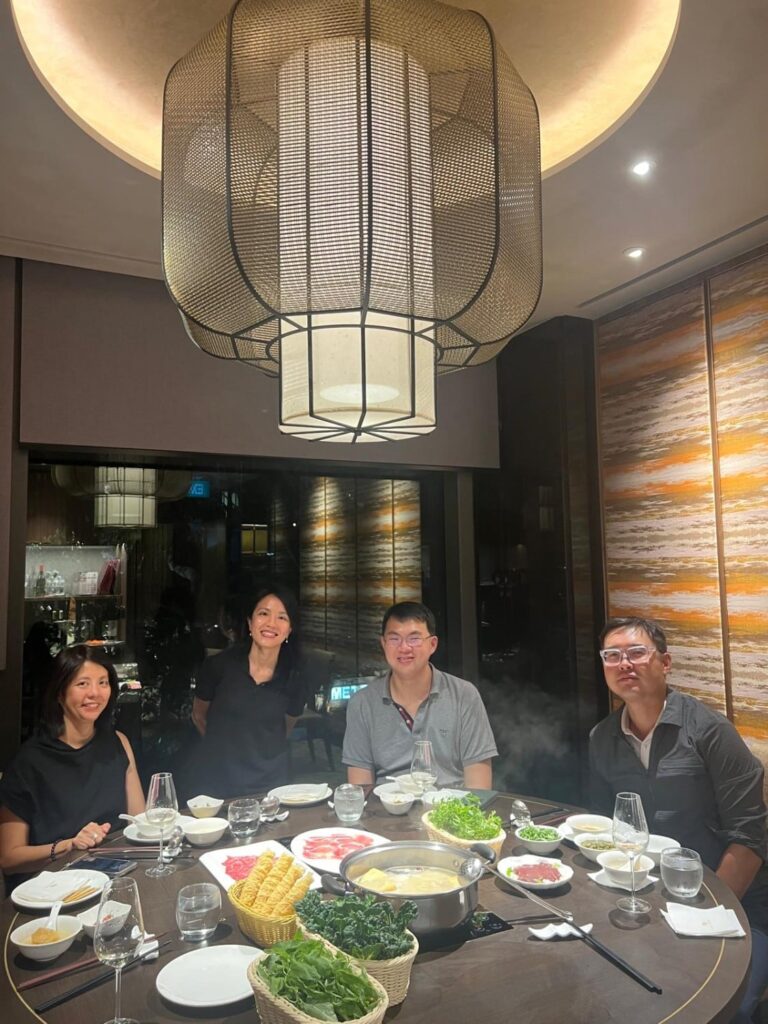
Hotpot gathering with friends working in hedge fund legal & compliance
For compliance consultants, a key gap is critical analysis. We must ask enough questions to fully understand the customer’s problem.
It’s surprising how important it is to ask “why” and also how many people don’t ask it enough.
After understanding the problem, we must then identify what are the questions for us to answer and research the relevant material and regulations. Last, we must clearly convey the answer and the reason for it to the client, in a timely way. To do all this, we need discipline to practise critical thinking, be methodical in answering the question and be able to articulate arguments. There are limits on how to teach these things. A lot of it depends on whether an individual has the right mindset and qualities. It is not sophisticated like needing an MBA or doctorate. But such qualities are still rare.
Mike Sim (MS): Could you elaborate on the importance of aligning business strategies with regulatory requirements in the financial services industry?
Sinyee (SY): Sure, I’ll try. First, well-made “risk-based regulation” manage unwanted risk but does not kill business. If a business avoids “no-go” areas, as it grows, management won’t lose sleep wondering “are we sure this part is legal”. Instead, the firm progresses in the confidence that if there is rapid growth regulators won’t pull the rug from under them.
I have seen business owners build regulatory-safe businesses. A lady I have in mind used to read all the consultation papers from MAS to understand what MAS was trying to prevent and why MAS was trying to do this. She would actively give feedback on MAS consultations about regulation changes. That business owner was able to apply rules while running her business. I would think that she had no problems sleeping at night, no matter how much her business grew. And over the years, her business has succeeded. This is a positive example of how a business that aims to be compliant can grow well. At the same time, I also see many negative examples. For example, there are some start-ups that say, “we will deal with regulation later”.
They focus on growth at all costs, without assessing along the way if growth should be moderated to keep within the boundaries of regulation. This eventually leads to a point of no-return where the business grows so much and rapidly that it may be impossible to be compliant without drastic measures.

Sharing tips on managing MAS compliance obligations in May 2024
Mike Sim (MS): How do you approach the development of tailored AML control frameworks for different business environments?
First, I need to know all the parts of AML rules and their nuances. Second, I read widely to keep broad tabs on what is going on in current affairs. Third, I read the alerts from regulators on where risks of illicit financing might be. Last, I ask the customer many “why” and “why not” questions to be sure how their business works. Tailoring takes a lot of time, to understand the customer’s specific needs, thinking about what might or might not work for them and getting the customer’s feedback on what we suggest for them. Even after tailoring, I manage their expectations that AML controls are not static. We will have to keep checking if what we set up for them works. We also get customers to get their AML controls checked by internal or external auditors.
They provide a detached pair of eyes to make sure what we made is right.
Mike Sim (MS): What are some effective strategies for managing potential conflicts of interest within financial institutions, especially in the wealth management sector?
Sinyee (SY): Like AML controls conflicts of interest are not “set” or “fixed”. What is a conflict varies in each business set-up. A way to see if conflict is well-handled is the ability present the situation with the potential or actual conflict to our customers and tell them this is what the firm is doing, how the firm is doing something, why the firm does it in that way and how this is fair for the customer. If the customer flees and never returns, that tells us that the conflict was not well-handled. Or, if they see it as a fair way of running business, which they agree with or can live with, then the conflict is well-handled.
Mike Sim (MS): Sinyee, with your proficiency in Cantonese, English, Chinese, French, and Japanese, how has your multilingual ability contributed to your expertise and experience in advising clients in the financial services industry, particularly in the Asia-Pacific region where language diversity is prevalent?
Sinyee (SY): Many firms in Singapore have their headquarters somewhere else. Most cross-border customers are fluent in English. In rare cases, customers prefer to use a foreign language for clarity. In that situation the ability to converse in that language helps.
That said, the language ability is probably less useful than the cultural insight that learning the language of that culture brings. By cultural insight I mean knowing how companies or people from a certain country tend to think or do things. Cultural sensitivity helps when advising firms with cross border operations. For instance, certain North Asian cultures have a prominent adherence to hierarchy. This may pose challenges when explaining MAS’ expectation for clear segregation of duties. For instance, where a junior compliance officer is tasked with risk management, how does he/she oversee portfolio risk management conducted by the CEO who is also a portfolio manager.
My language studies expose me to some of the philosophies of some countries and cultures. It’s great to weave that understanding into my work.
My team members speak languages I don’t, like German and Thai. To some extent, foreign languages add an element of fun. With one of my team members, we say good morning to each other in a language other than English every day. It helps us start our day right.

Mike Sim with Sinyee Koh
Thank you, Sinyee for taking time to share your insights on compliance in the Singapore’s Financial Landscape!
Recent Posts
